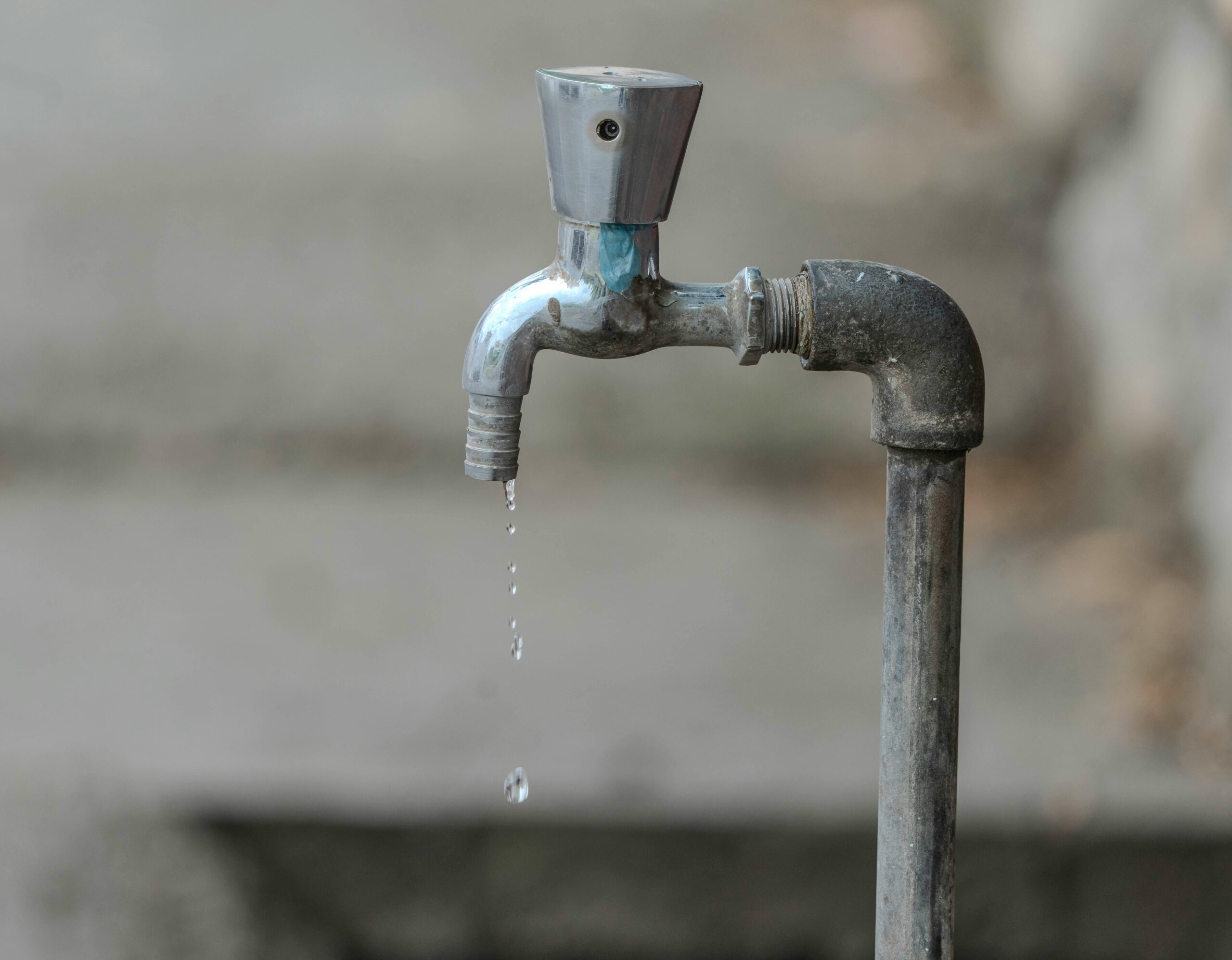North Carolina Gov. Josh Stein has announced more than $204 million for dozens of drinking water and wastewater projects across the state. The awarded projects are designed to improve water quality, address contaminants from water systems and lead pipes and increase system resilience to storms.
The funding comes from State Revolving Funds that provide low-interest loans, and from the Infrastructure Investment and Jobs Act, which provides federal funds for the removal of per- and polyfluoroalkyl substances (PFAS) and lead service line replacements. The Division of Water Infrastructure within the North Carolina Department of Environmental Quality will administer the awards.
Among the most significant awards are:
- Cape Fear Public Utility Authority in New Hanover County will receive $35 million from the Clean Water State Revolving Fund to replace the Southside wastewater treatment plant.
- Fayetteville Public Works Commission in Cumberland County will receive $20.5 million in IIJA funding to install a granular activated carbon facility for PFAS removal.
- The city of Lexington in Davidson County will receive $13.7 million from the Clean Water State Revolving Fund for solids handling improvements at its regional wastewater treatment plant.
DEQ officials also said the agency is preparing to accept applications for supplemental resilience funding under the American Relief Act of 2025 for communities in areas hit by Hurricane Helene. While these funds are separate from the $204 million awarded, some western counties may benefit from both programs.
Specifically, Fayetteville lies in a FEMA-designated Helene recovery area and may qualify for both regular DEQ funding and Helene-related resilience assistance.
Helene recovery funds are zero-interest State Revolving Fund loans or grants. Eligible applicants include local governments, nonprofit utilities and investor-owned drinking water systems located in Helene-affected counties. Projects must reduce flood risk or improve system resilience following the storm. Priority is given to systems that were inoperable or sustained damage due to the storm.
DEQ is offering training both in person and virtually until Aug. 8. Applications to the program are due to DEQ by Sept. 30.
Photo by Rajesh S Balouria from Pexels













